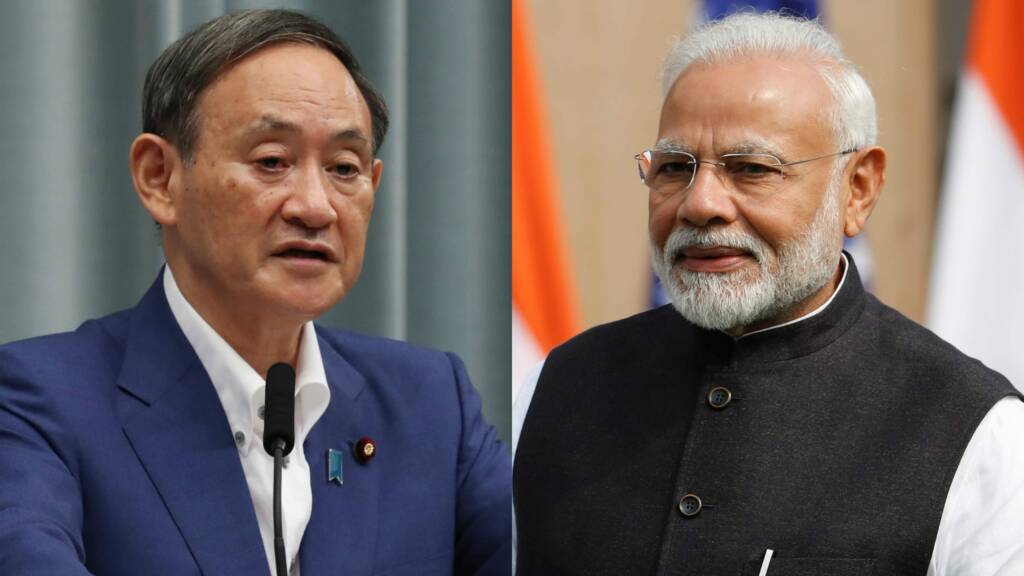Japan, traditionally an isolationist country, which has not been very comfortable welcoming immigrants, is heading towards some major policy change. By the 1990s, Japan had become the second-largest economy of the world and was slated to overtake even the United States. Then came the recession or ‘the Lost Decade’ and China dethroned it. The East Asian country was held back by a rapidly ageing and declining workforce and now Tokyo wants to bring in more immigrants to solve this issue.
Tokyo is preferring the Indian migrant workforce. The two countries have signed an agreement which says that skilled migrants from India in 14 fields, including nursing, industrial machinery, shipbuilding, aviation, agriculture and the food services industry, will be allowed to work in Japan.
As per the Memorandum of Cooperation (MoC) signed by Foreign Secretary Harsh Shringla and Japan’s ambassador Satoshi Suzuki, any person who has skills in the 14 sectors and passes a Japanese language test can get a job in Japan on contractual basis.
“Japan would grant these workers the status of ‘specified skilled worker’. It is also expected that Indian skilled workers who go to Japan under this MoC will acquire new skills while working in Japan,” the External Affairs Ministry said.
Foreign Secretary @harshvshringla signed the Specified Skilled Workers Agreement with Ambassador Suzuki @EOJinIndia today. pic.twitter.com/Zx5qTUWi6P
— Randhir Jaiswal (@MEAIndia) January 18, 2021
Japan – ‘the Land of the Rising Sun’, is making a massive move towards reclaiming its position as the second-biggest economy in the world. After years of stagnancy and timid growth, Tokyo is witnessing a resurgence in nationalist sentiment and an urge to reclaim what it has lost over the past three decades. A post-Pandemic world will see Tokyo opening up itself to immigrants to seek talent from across the world to fuel its own economy.
Japan itself is a closed society, but not anti-immigrant. On global indexes, Japan ranks moderately high insofar acceptance and tolerance of migrants is concerned.
Eiji Oguma, a sociologist and historian at Keio University in Tokyo said, “It’s important to understand that Abe’s government introduced these reforms not to change Japanese society, but to sustain Japanese society.” Japanese businesses have also been pushing for such reforms, as they face tricky times when the number of jobs exceeds the total number of job-seekers across all the 47 Prefectures of Japan.
Japan is already battling a labour shortfall. More Japanese companies operating from within the country will mean even more manufacturing facilities and more jobs. Tokyo needs people who can take up these jobs but it doesn’t have a sufficient workforce. It needs immigrants from other parts of Asia, including India and Hong Kong, to take up these excess jobs. Only with more immigrants and a bigger workforce will these companies stay in Japan.
A post-Pandemic Japan will embrace the world. It will invite talent and workers from across the globe. This could virtually mark the re-birth of Tokyo as a gigantic economic workforce.
